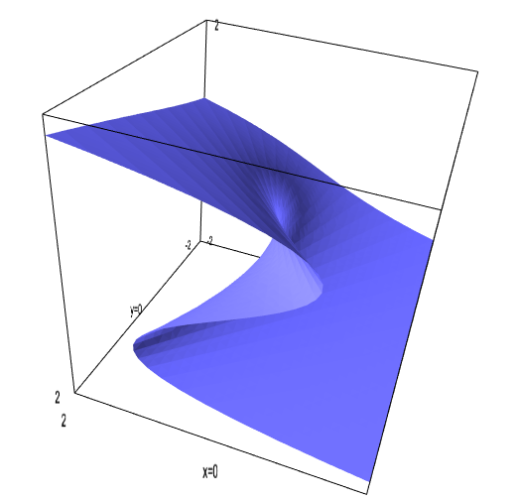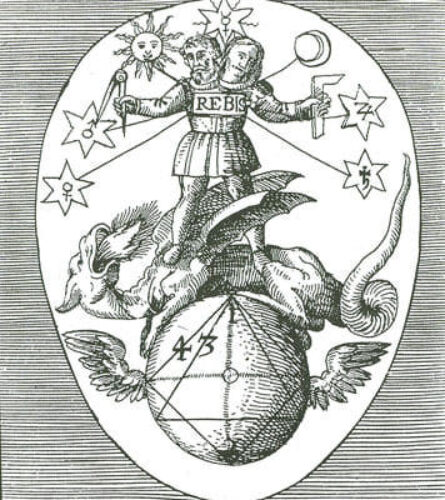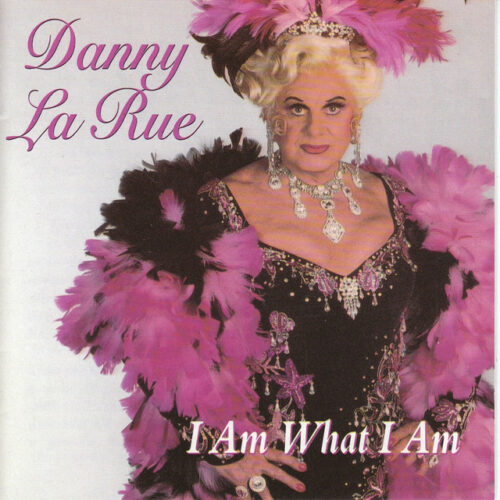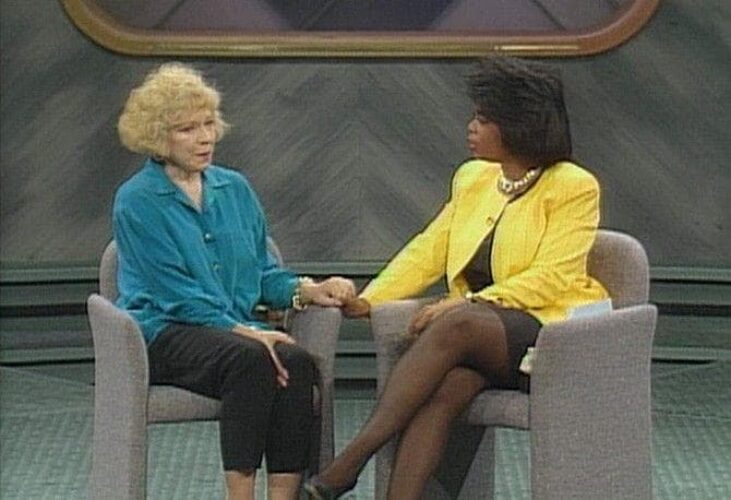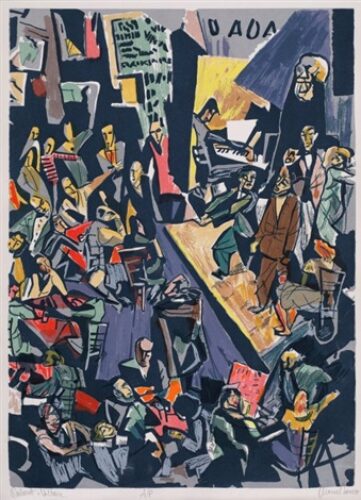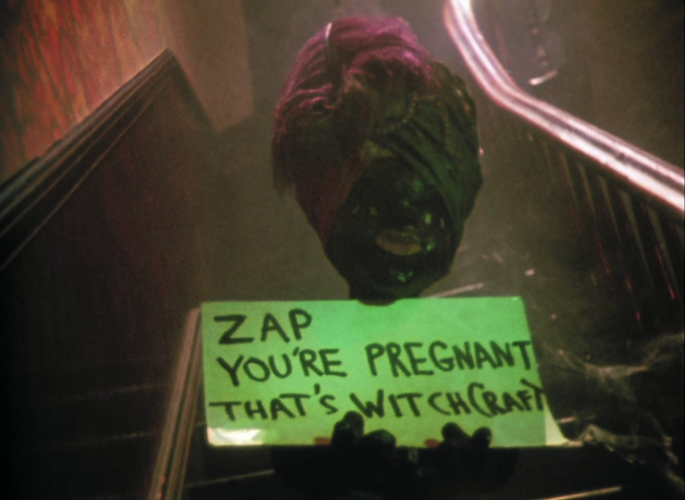Play Seriously (Book Three, Part 43: Rachel Pollack’s Doom Patrol)
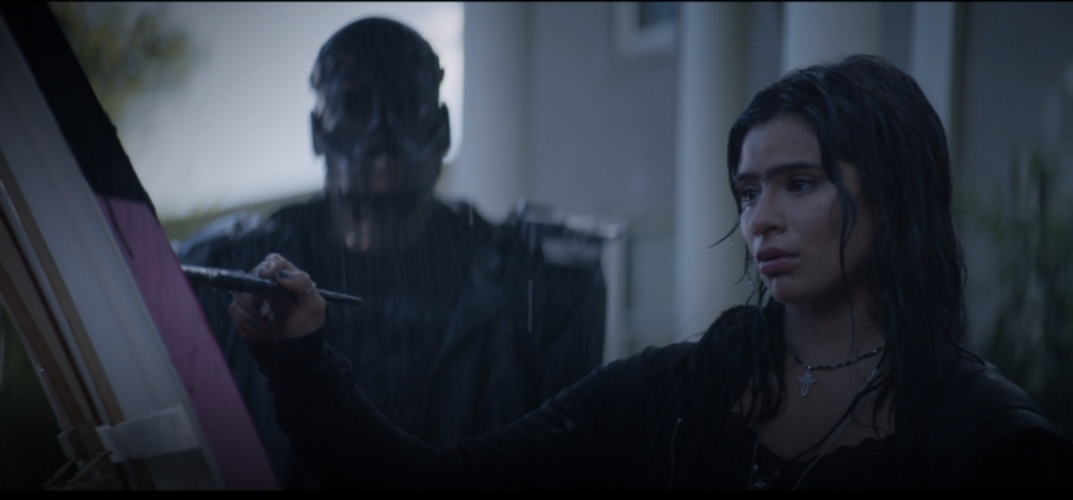
Previously in The Last War in Albion: Grant Morrison triumphantly ended their run on Doom Patrol.
“To learn to play seriously is one of the great secrets of spiritual exploration.” – Rachel Pollack, The Forest of Souls
Grant Morrison stepped off of Doom Patrol at the end of 1992, just before the launch of Vertigo. Taking over the title for the new imprint was Rachel Pollack, a novelist and Tarot scholar, who recounts that she got the job when “At a party I met the editor, Tom Peyer, and after gushing about it confessed it was (then) the only monthly comic I really wished I might someday have a chance to write. Tom told me that Grant was ending his run, and if I wanted to send him a sample script he’d consider it. So I did, and it became my first issue.” This account is at least slightly improbable, given that Pollack’s first arc, cheekily titled Sliding Through the Wreckage, is heavily rooted in the status quo that Morrison left, which, much like the stati quo Drake and Kupperberg had left, basically amounted to the entire team being out of commission, with Dorothy the team’s sole representative in the real world and thus Pollack’s initial focus character, quickly pulling Cliff back from Danny the World, with a pointed lack of clarification over what happened between him and Jane. (Eventually, well into her run, Pollack establishes that they broke up, although in practice this was forced by Morrison’s request that Jane be left alone.)
Pollack’s early run suffered the fate that most follow-ups to tremendously successful and iconic runs do, namely comparison. Obviously, given that she was writing the ongoing Doom Patrol book for Vertigo, a line that was centered on the post-Moore British Invasion that Morrison was a key part of, there was good reason for her to follow in their footsteps. And Pollack’s first six issues read in many ways like a toned down and accessible Morrison, with enemies who speak in indecipherable dialogue like “Backwards glances like dead trees? Tradition valued with new sprouts” and a fetus-headed entity that steals things from the world and replaces them with pieces of paper with the names of the thing written on them. It’s not bad, and indeed to a reader who finds the excesses and occasional incoherences of Morrison’s weaker efforts particularly intolerable could even be argued to be the stronger work, although most would be forced to admit that Pollack’s version lacks the vital spark of urgent and visionary weirdness that animated Morrison’s work, instead contenting itself to rearrange the pieces of their run in a series of capable imitations.
At least, for the first six issues. But with Doom Patrol #70 the picture begins to decisively change. This is not entirely a sudden shift—as soon as Pollack got past Sliding Through the Wreckage she began shaping the team into something that was her own, first by giving them a new headquarters—a rural house haunted by a bunch of ghosts who died in sex-related accidents that Caulder insists on calling sexually remaindered spirits, cheekily shortened to SRS.…

